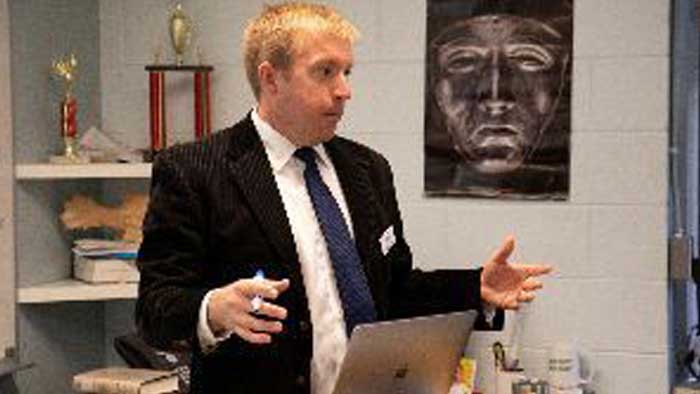“We compare and measure the most famous of preceding empires, about which historians have written very many things, to the superiority of the Romans… They (Romans) leave behind the superiority of an empire never surpassed by any before, and never to be surpassed by any after.”
Polybius Histories 1.2.1
I think even Polybius, writing in the mid-2nd century BC, would be astounded by the longevity and continued relevance of his statement.
In “Are We Rome” as we explore Rome’s journey from republic to empire alongside the history of the United States, we will be guided by the following questions: Will our republican state withstand the test of time or fall as did Rome’s republic? Is the United States an empire? What is at the core of our being “American”? And finally, did Rome really fall? In this course, students learn to become critical readers of history. From its beginnings in 1776, the United States has used Rome as an ideal for itself, from its system of government to the architecture of public buildings. We examine why the founding fathers, all great students of the classics, chose to look back and model the governing institutions of their new nation on the Roman system. In deepening our understanding of these two cultures, we will be reading primary sources, the voices of Americans and Romans, to understand their ideologies.
This is a course designed for students to explore their own interests in political science, sociology, military history, economics, foreign policy, mythology and so much more. Students bring in their knowledge of United States history and the requisite Roman history materials are provided. Beginning with mythology – yes, we have American myth – we examine the ideals of both Romans and Americans and attempt to identify what it means to be a citizen in each culture. We then will compare the republics of both Rome and the US, culminating in presenting ideas based on our system today on how the Romans could have saved their republic from collapse. Finally, we examine the reasons for the fall of the Roman Empire and present our findings on how the United States can avoid the same fate. In each one of these parts of the course students focus on an area that is of interest to them.
This course has been one of the most exciting courses I have taught in my career. As a trained classicist and not a US historian, I am always amazed by the insight brought by students about the history of our nation. Since no two iterations of this course is the same, I look forward to another new and exciting semester exploring the histories of Rome and the United States. So, if you are interested in politics, ancient culture, economics, or even technology, this course has something for you.

